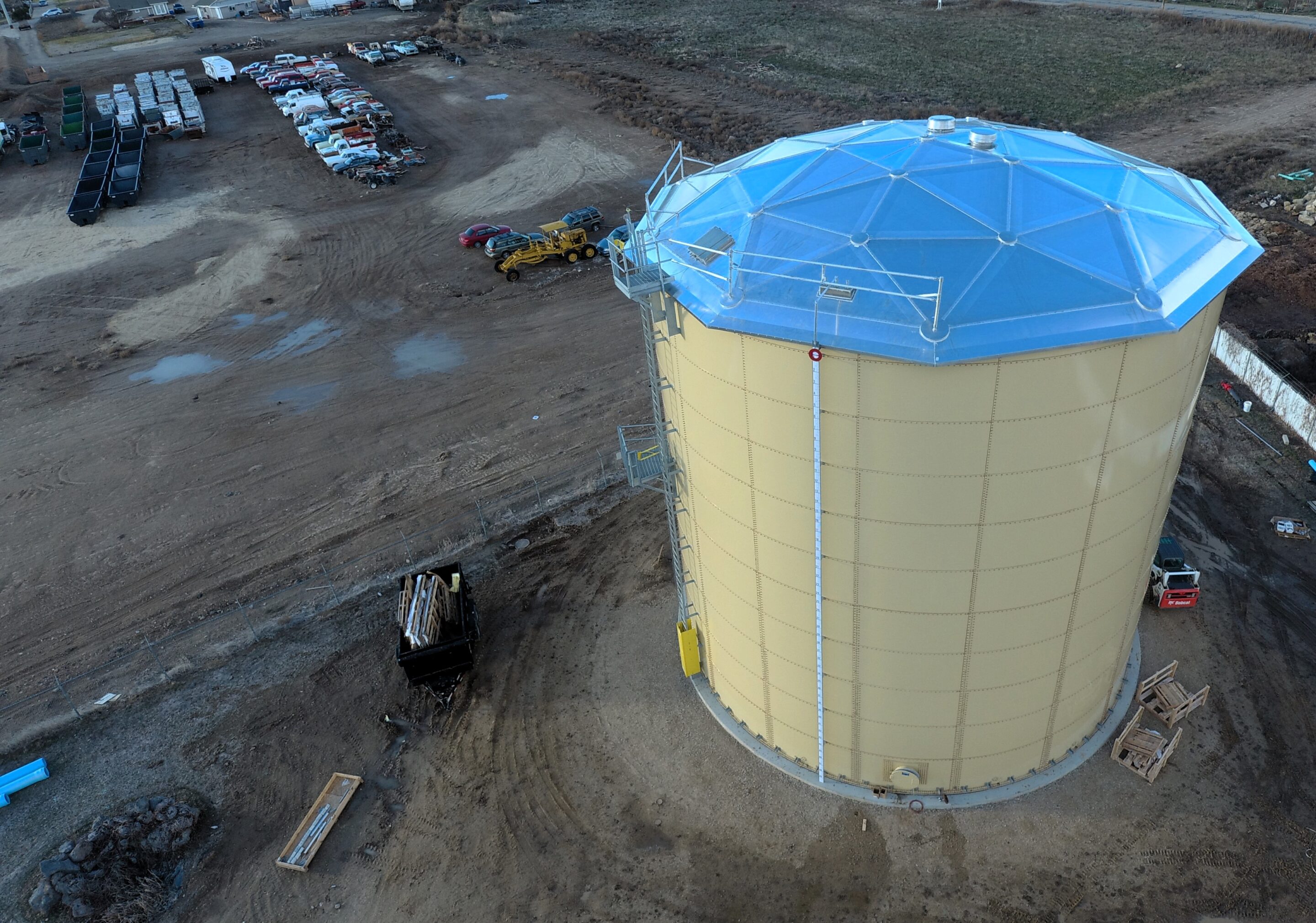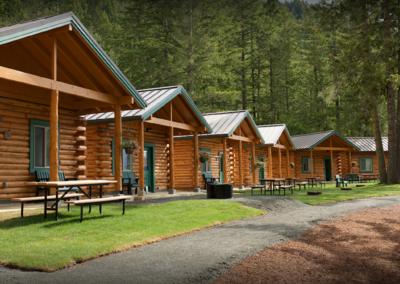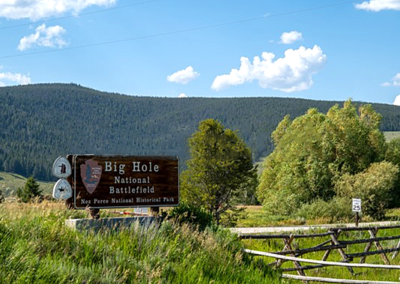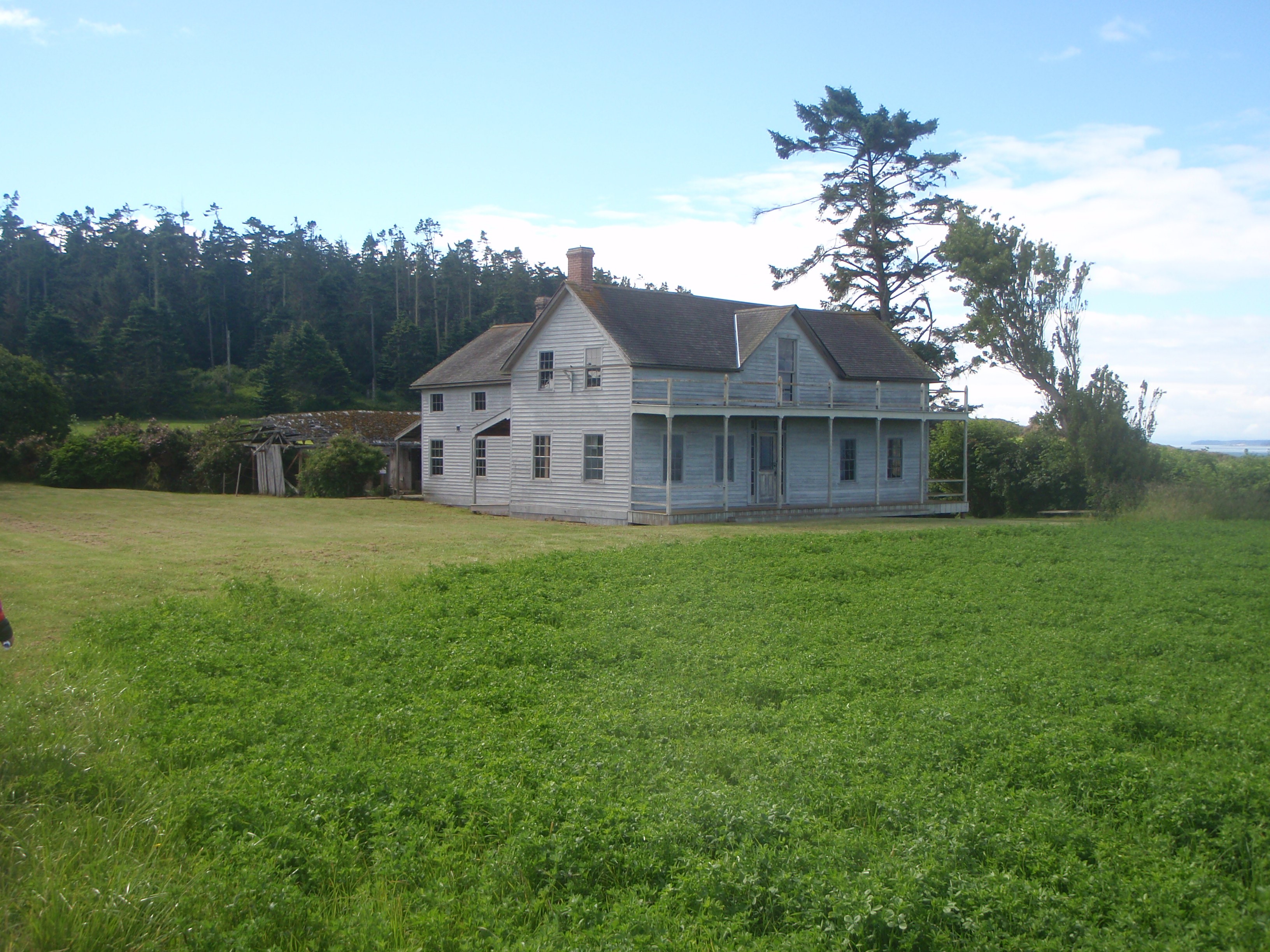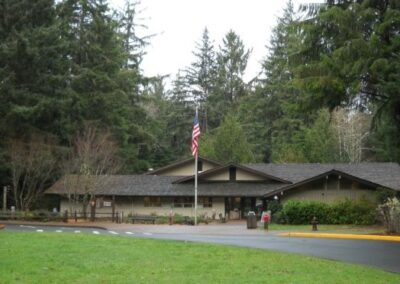Masonry Design
Masonry Design by HECO Engineers
Masonry design plays a pivotal role in the field of structural engineering, combining traditional craftsmanship with modern engineering principles. At HECO Engineers, we specialize in utilizing masonry techniques that enhance the durability, safety, and aesthetic appeal of our projects. Whether you’re planning a residential, commercial, or industrial structure, our expertise in masonry design ensures that your project is not only structurally sound but also visually stunning.
Why Masonry Design Matters
Masonry construction involves creating structures from individual units such as bricks, stones, or concrete blocks, often bound by mortar. The right masonry design ensures a structure’s strength, resilience, and visual appeal. At HECO Engineers, we provide comprehensive masonry design services that consider material selection, load analysis, and environmental factors to deliver structures that stand the test of time.
Questions on a Masonry Project? Reach out to our team to learn more how HECO Engineers can help move your project forward! Contact us today.
Key Principles of Masonry Design
Understanding the foundational principles of masonry design is crucial for achieving both structural integrity and aesthetic excellence. These principles encompass the selection of appropriate materials, the use of suitable mortar, and the implementation of reinforcement techniques to enhance overall performance.
Material Selection
Choosing the right material is crucial to ensure durability, strength, and the desired aesthetic for masonry projects. Below are some commonly used masonry materials and their benefits:
-
- Bricks: Timeless and durable, bricks provide excellent fire resistance and load-bearing capacity.
- Stones: Natural stone offers unmatched durability and elegance, ideal for both structural and decorative purposes.
- Concrete Blocks (CMUs): Concrete masonry units are known for their strength, thermal properties, and cost-effectiveness.
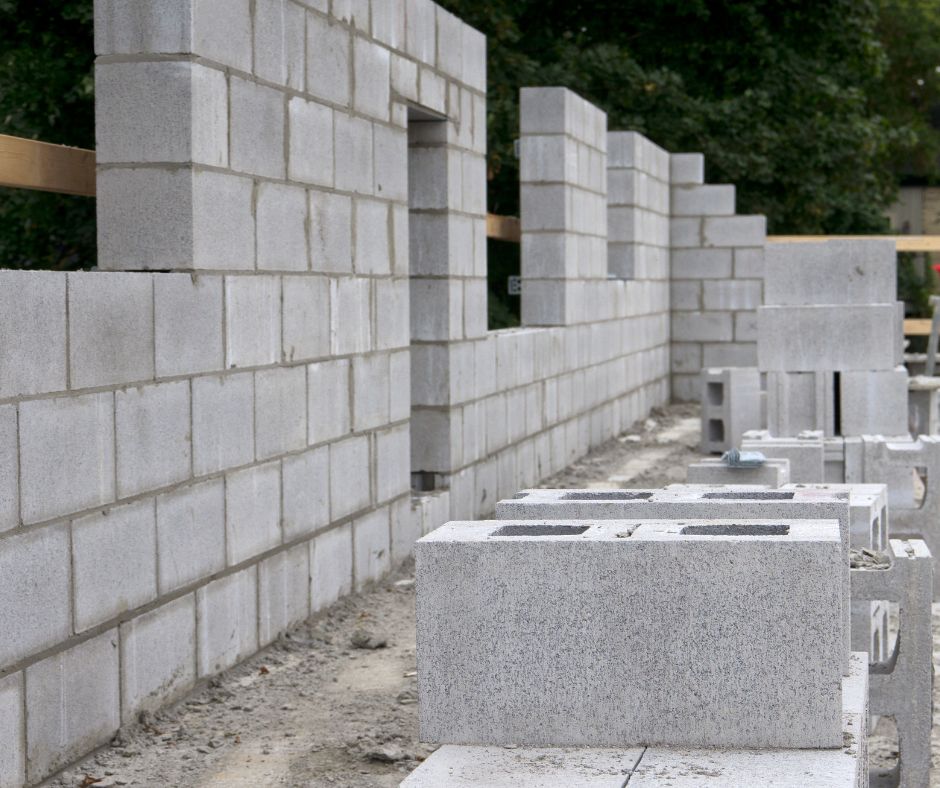
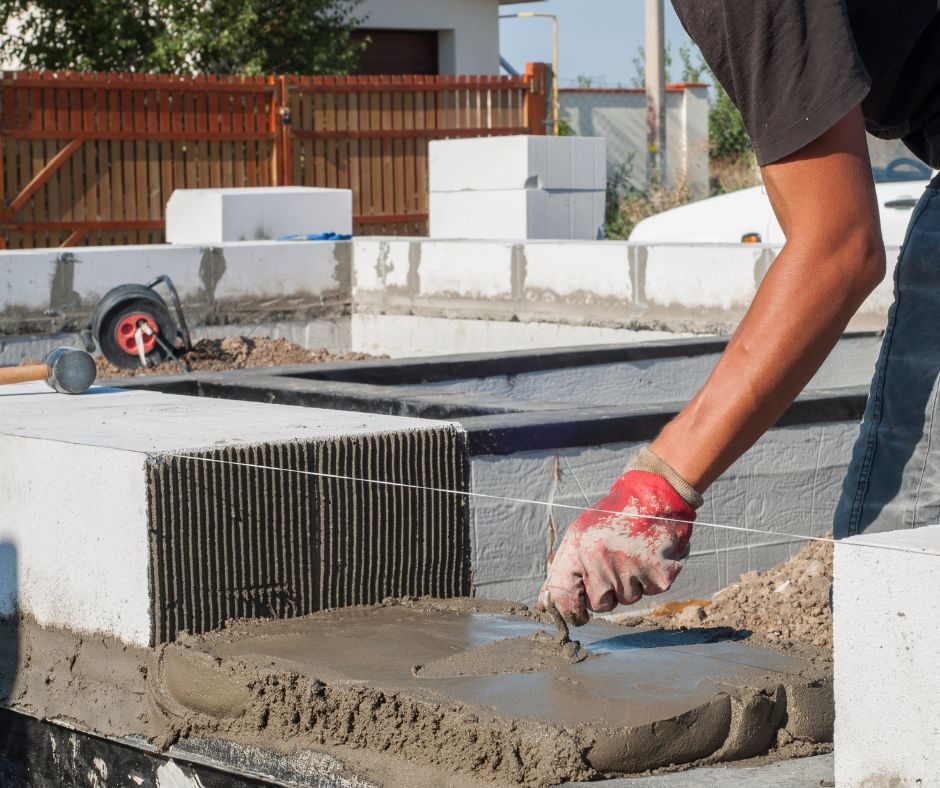
Mortar Types
Selecting the appropriate mortar is essential for ensuring the durability and strength of masonry projects. Different mortar types serve distinct purposes, depending on the structure’s needs:
-
- Type N Mortar: General-purpose mortar, ideal for above-grade, exterior, and interior load-bearing walls.
- Type S Mortar: Offers higher strength, used for below-grade applications and areas exposed to heavy soil pressures or severe weather.
- Type M Mortar: The strongest mortar type, suitable for heavy load-bearing applications and hard stone masonry.
- Type O Mortar: Low-strength mortar, often used for non-load-bearing walls or restoration projects involving historic structures.
Structural Integrity
Ensuring structural integrity involves careful consideration of both vertical and lateral loads, proper bonding patterns, and reinforcement with steel bars. Adherence to design standards such as The Masonry Society (TMS) 402 ensures optimal performance and safety.
Benefits of Masonry Design
Masonry offers a multitude of benefits that make it a preferred choice for both structural and aesthetic applications. From unmatched durability to impressive energy efficiency, masonry is a versatile solution for various construction needs.
-
Durability and Longevity: Masonry structures are renowned for their resistance to fire, adverse weather conditions, and natural wear, resulting in long-lasting buildings.
-
Thermal Efficiency: The high thermal mass of masonry materials helps in stabilizing indoor temperatures, reducing energy costs.
-
Aesthetic Flexibility: With a broad range of textures, colors, and styles, masonry allows for creative and visually appealing designs.
-
Low Maintenance: Masonry structures require minimal maintenance, contributing to lower lifecycle costs.
Applications of Masonry Design
Masonry construction is used in a wide range of applications due to its versatility, strength, and aesthetic qualities. From residential homes to large industrial facilities, masonry plays an important role in enhancing both form and function.
-
-
-
Residential Construction: Masonry is popular in residential projects for its aesthetic appeal and robust performance, commonly used in brick veneers, CMU walls, and stone facades.
-
Commercial and Institutional Buildings: Masonry offers strength, fire resistance, and design versatility, making it ideal for office buildings, schools, and hospitals.
-
Industrial Structures: Masonry supports heavy loads and resists chemical exposure, making it a preferred choice for industrial settings.
-
Retaining Walls and Landscaping: Masonry is widely used for retaining walls and garden features due to its strength and aesthetic qualities.
-
-
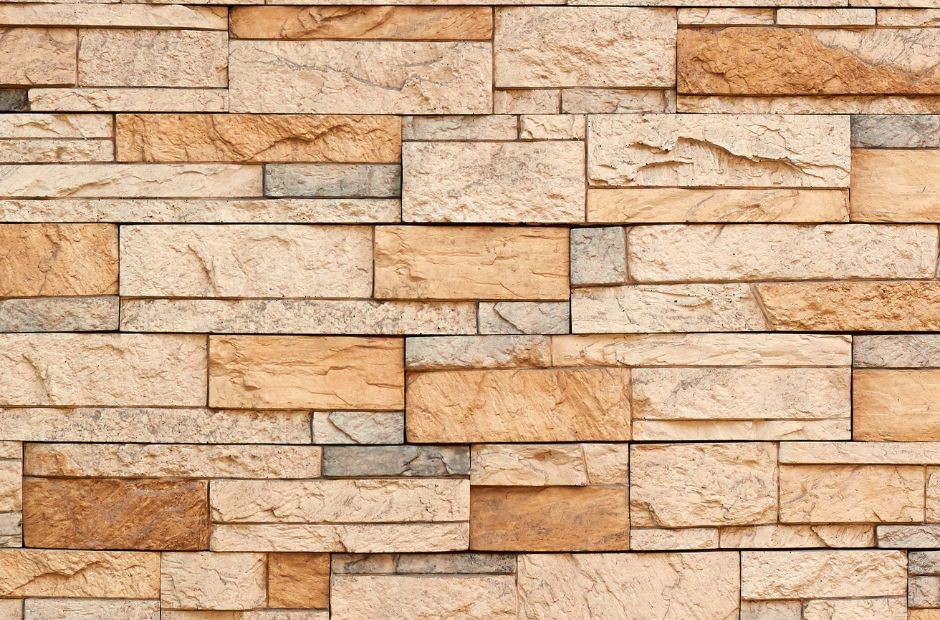
Best Practices in Masonry Design
Incorporating best practices into masonry design ensures that structures are safe, durable, and able to withstand environmental challenges. Proper reinforcement, moisture control, and maintenance are key elements that contribute to the overall performance of masonry projects.
- Proper Reinforcement: Adding steel reinforcement to masonry enhances tensile strength and improves performance, especially during seismic events.
- Effective Moisture Control: Proper waterproofing and drainage are critical to preventing moisture damage in masonry structures.
- Regular Maintenance and Inspection: Routine inspections help identify issues early, ensuring long-term durability.
Innovations in Masonry Design
The field of masonry design continues to advance with new materials and techniques:
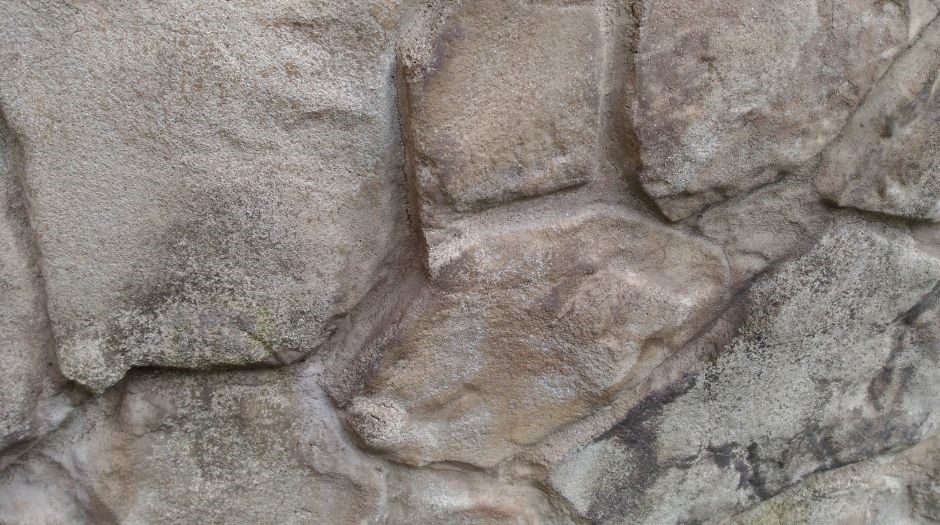
- High-Strength Masonry Units: The development of high-strength bricks and blocks allows for greater load-bearing capabilities.
- Enhanced Mortar Mixes: Modern mortar formulations offer better bonding and increased durability.
- Advanced Reinforcement Techniques: Innovative reinforcement methods improve resilience against seismic and wind loads.
Choose HECO Engineers for Your Masonry Design Needs
Masonry design is a cornerstone of structural engineering, offering a blend of beauty and strength. At HECO Engineers, we leverage the latest advancements in masonry to provide exceptional results for our clients. Whether you’re working on a residential, commercial, or specialized project, our masonry expertise ensures that your structure is built to last and looks outstanding.
Ready to Elevate Your Project with Expert Masonry Design? Contact us today to discuss how HECO Engineers can help bring your masonry vision to life.
FAQ’s
What are the environmental impacts of using masonry materials like brick or concrete?
Masonry materials like concrete and brick can have a significant environmental impact due to their production process, but they are often offset by energy savings during the life of the building. Innovations in sustainable masonry materials and construction practices are available, depending on the project.
Can masonry construction be combined with other building methods, such as steel or wood framing?
Yes, hybrid construction methods that combine masonry with steel or wood framing are common and can offer the benefits of both materials. The combination depends on the project’s structural and aesthetic requirements.
How does masonry contribute to a building's energy efficiency?
Masonry contributes to energy efficiency through its thermal mass, which helps regulate indoor temperatures. Specific energy performance metrics would depend on factors like material choice, building orientation, and local climate conditions.
What is the typical lifespan of a masonry structure, and how does it compare to other construction methods?
Masonry structures generally have a long lifespan, often exceeding 100 years with proper maintenance. This compares favorably to other materials like wood, which may have a shorter lifespan depending on environmental exposure.
Can masonry construction be used for sustainable or green building projects?
Yes, masonry can be part of a sustainable building approach, especially when using recycled or locally sourced materials. The energy efficiency provided by thermal mass also supports green building initiatives.
Would you like to explore more topics related to HECO Engineers?

WATER

WASTEWATER

ELECTRICAL

MUNICIPAL

MECHANICAL

STRUCTURAL

LAND DEVELOPMENT


